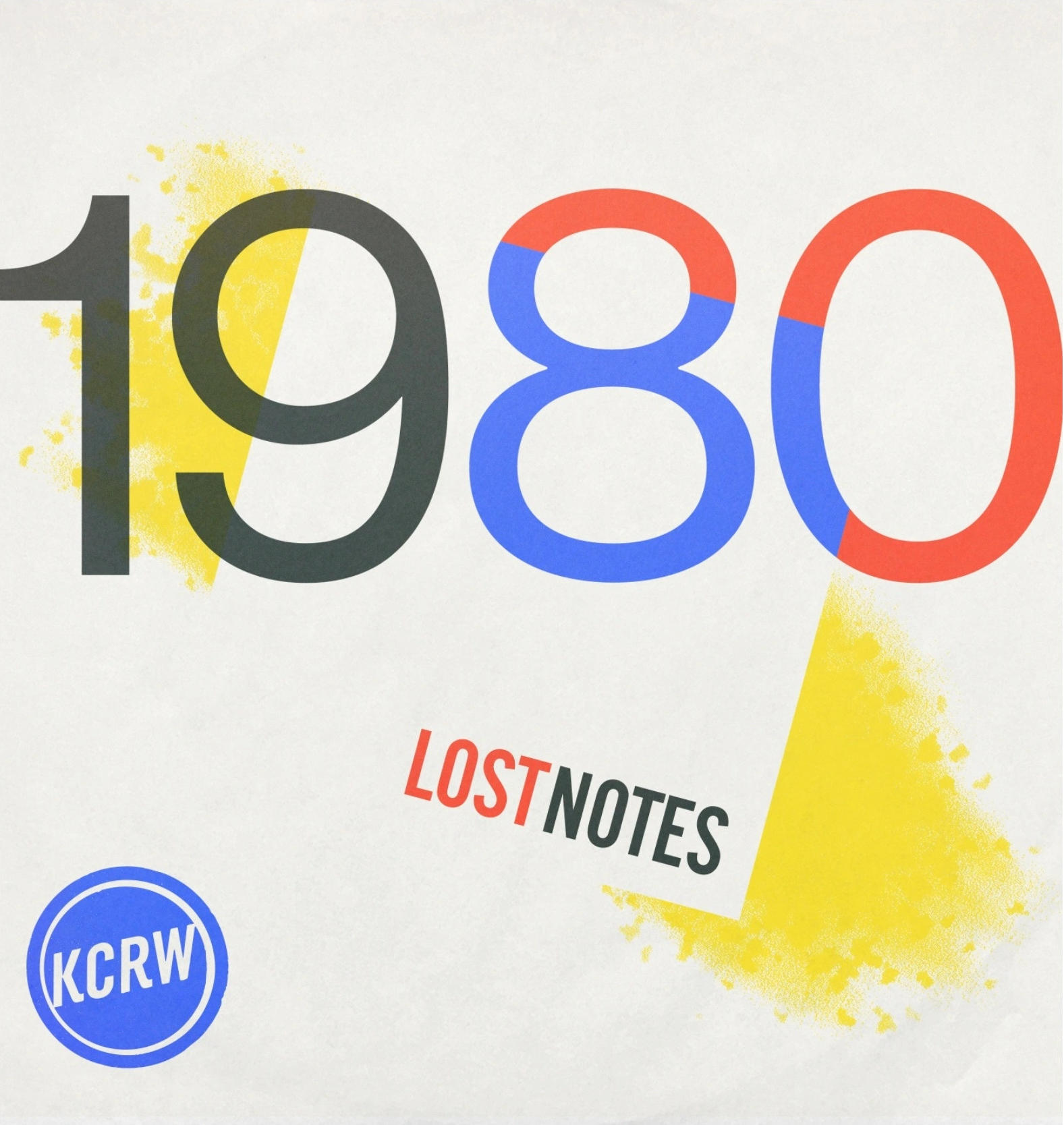KCRW’s Lost Notes: 1980
Audio excerpt from E4: John Lennon & Darby Crash (4:04)
Premiered on KCRW on 10 September 2020
Role: Producer, Audio editor, Sound designer, Engineer/Mixer
Lost Notes was a KCRW podcast about music’s untold stories. For our third season, the poet and cultural critic Hanif Abdurraqib explored the year 1980. It was the brilliant, awkward and sometimes heartbreaking opening to a monumental decade in popular music. Senior Producer: Myke Dodge Weiskopf. Creator/Executive Producer: Nick White.
LISTEN:
TRAILER: Introducing Lost Notes: 1980. This season, the poet and cultural critic Hanif Abdurraqib explores the year 1980. It was the brilliant, awkward, and sometimes heartbreaking opening to a monumental decade in popular music.
E1: Stevie Wonder. Stevie Wonder released seven albums from 1970 to 1976. It is an impenetrable run of albums and songs: one of the greatest in music history. Then, in 1979, he faced his first defeat of the decade. Reviews for Journey Through The Secret Life of Plants were harshly mixed. So, in 1980, Stevie was due for a comeback. Hanif reflects on his 1980 album Hotter Than July, and Wonder’s call for the observation of Martin Luther King’s birthday as a national holiday.
E2: The Sugarhill Gang. In 1979, “Rapper’s Delight” was released and went on to become the first Top 40 hip-hop single. Sugarhill Gang almost had no choice but to follow the single up with a full-length. So, in the early months of 1980, a six song, nearly forty-minute album by a rap group was released. The Sugarhill Gang’s debut wasn’t received without controversy, nor without skepticism. When one thinks about the greatest rap groups of all time, Sugarhill Gang might be an afterthought. But sometimes, legacy is not about the spark itself, but about the flame it causes.
E3: Ian Curtis. In May of 1980, Joy Division lost its lead singer, Ian Curtis. The band decided that they would carry on with a different name. The first single for a decade-defining band came from the cutting room floor, with the late Ian Curtis haphazardly slurring the words he’d written. That band, New Order, was made up of people weighed down by grief and regrets, straining to make sure they did justice to the words Ian Curtis couldn’t bring himself to sing.
E4: John Lennon & Darby Crash. Punk singer Darby Crash dreamed of immortality. The single full-length album by his band, Germs, was to become a holy grail of music history. His suicide was intended to made him a legend … but he died on December 7, 1980. By the time the news of his death began to circulate, it was well into December 8 … the day John Lennon was shot. As radio stations in Los Angeles began their memorial marathon of Germs songs, John Lennon lay dying in New York. And with that, the media broke away from Crash to deliver a larger, more urgent heartbreak.
E5: Hugh Masekela & Miriam Makeba. In December of 1980, two exiled artists and freedom fighters attempted to return home to South Africa for a concert. Jazz musician Hugh Masekela and singer Miriam Makeba were briefly married, but they went on to enjoy a robust collaborative relationship that spanned decades. The 1980 concert wound up happening in neighboring Lesotho — and the performance became about defiance, namely against the Apartheid government in South Africa. But an engineering mishap meant the concert had to be re-recorded in a more intimate – and perhaps even better – setting.
E6: Minnie Riperton. Most know Minnie Riperton because of one part in one song. “Lovin’ You” was Riperton’s biggest hit, and she doesn’t sing that magic, piercing note until around the three-minute mark. Cancer took Riperton from us in 1979. The next year, producers got to work on a posthumous album. Filled with polished leftovers and celebrity cameos, Love Lives Forever now sounds like an album full of ghosts.
E7: Grace Jones. In 1980, anti-disco sentiment was at a high. Grace Jones was coming off a trilogy of increasingly irrelevant disco albums. If she remained stagnant, her career could be swept away. And so out of disco’s death rattle – driven by the discomfort of white male tastemakers – she rose, reinforced and reimagined, in a new decade freshly obsessed with risk.
